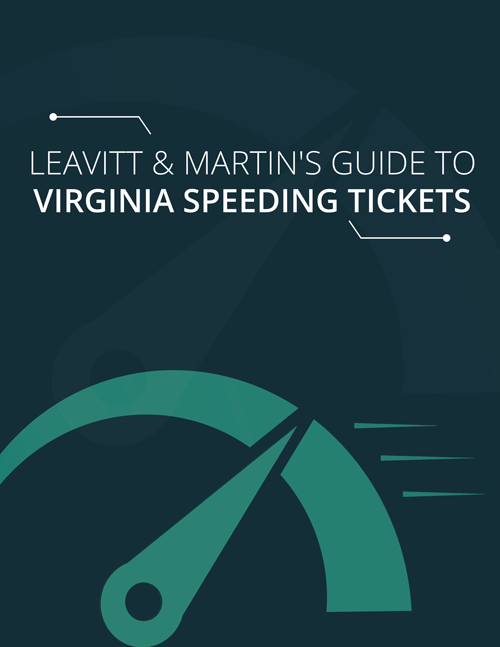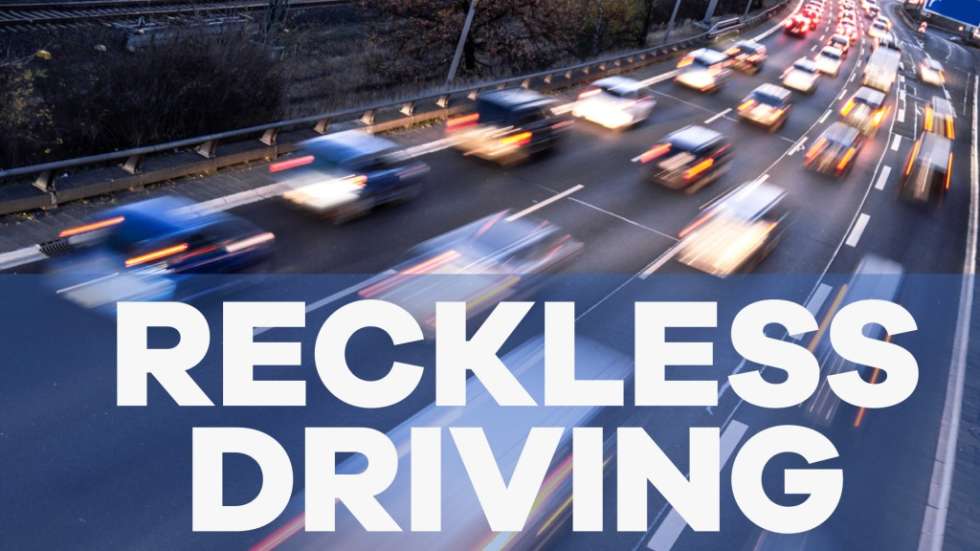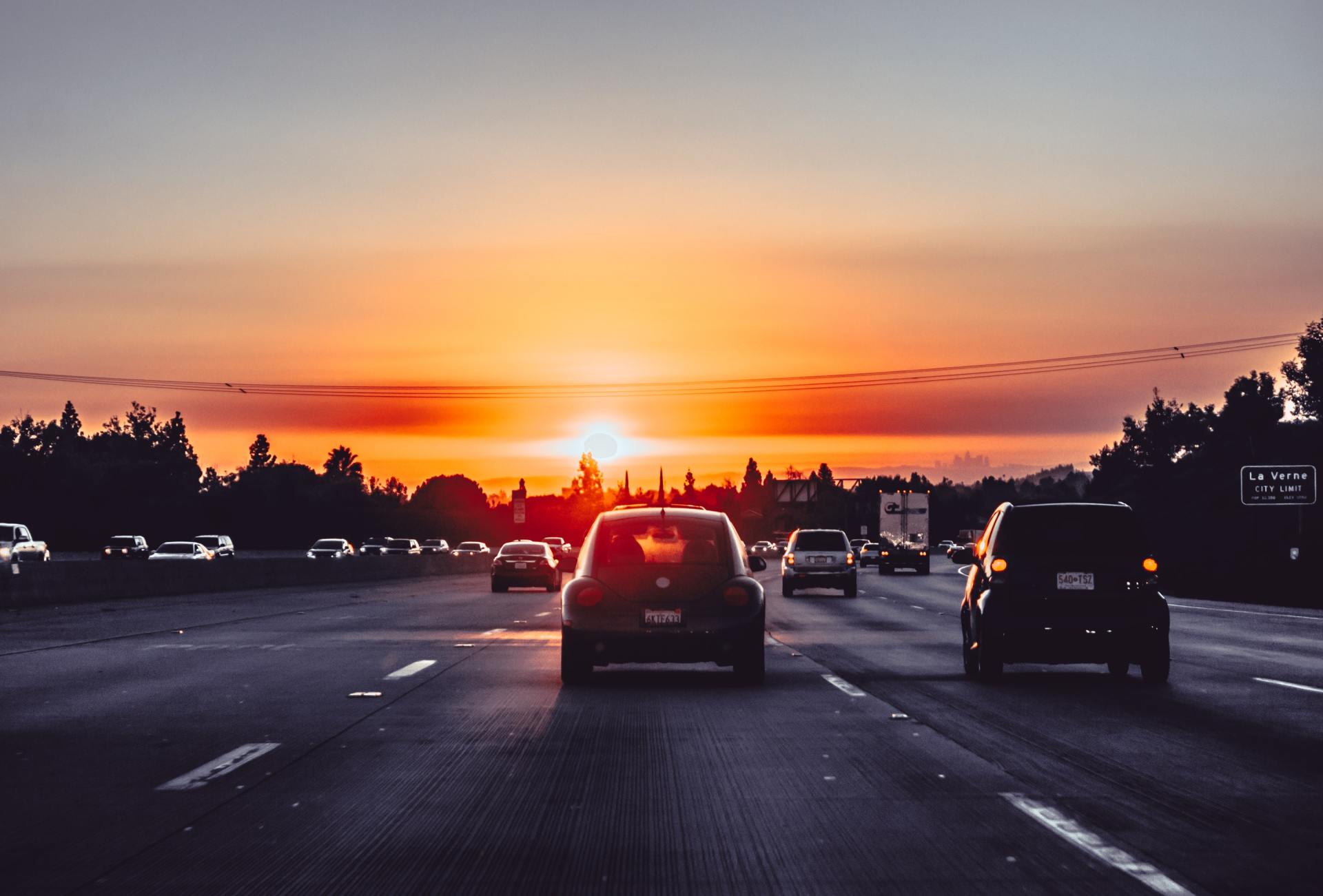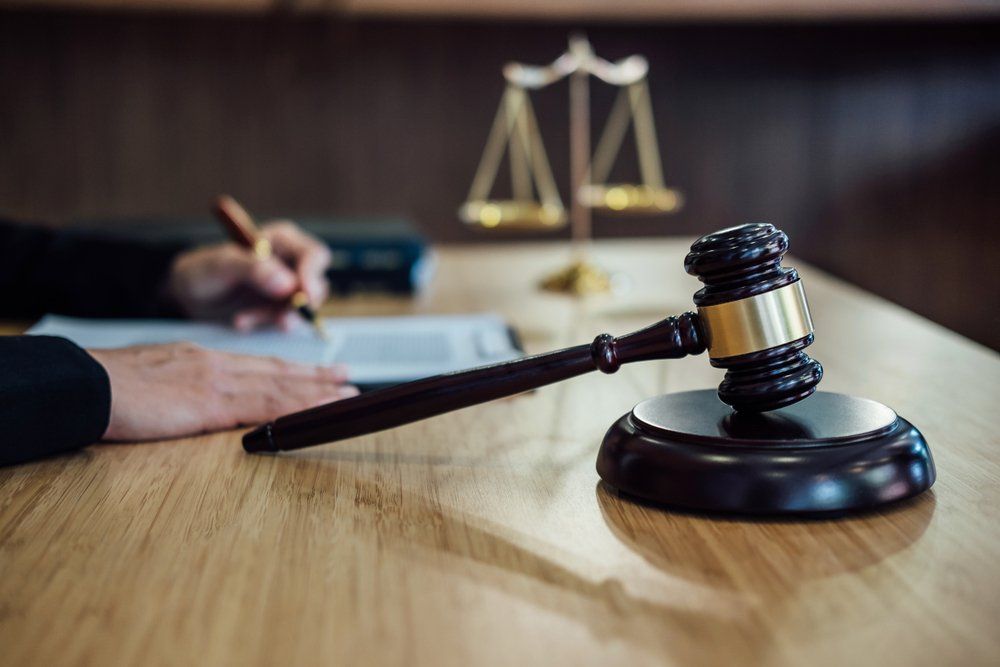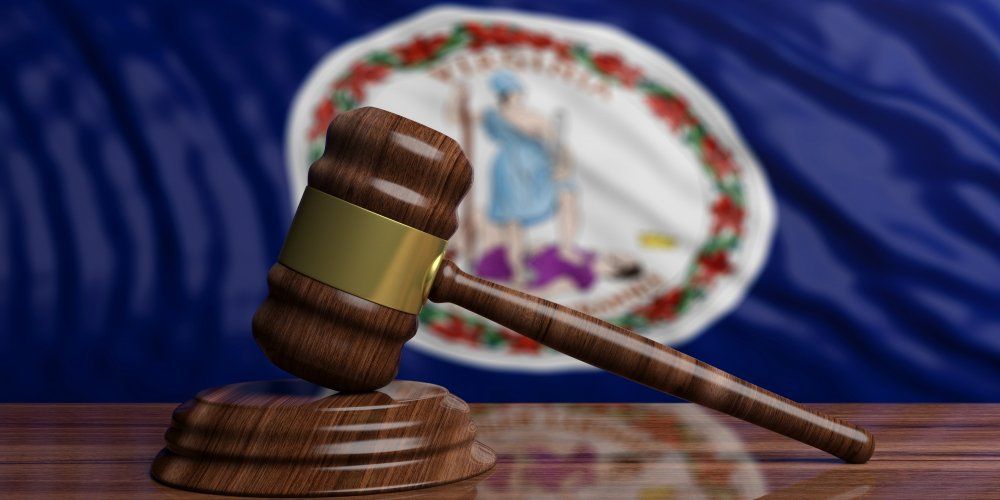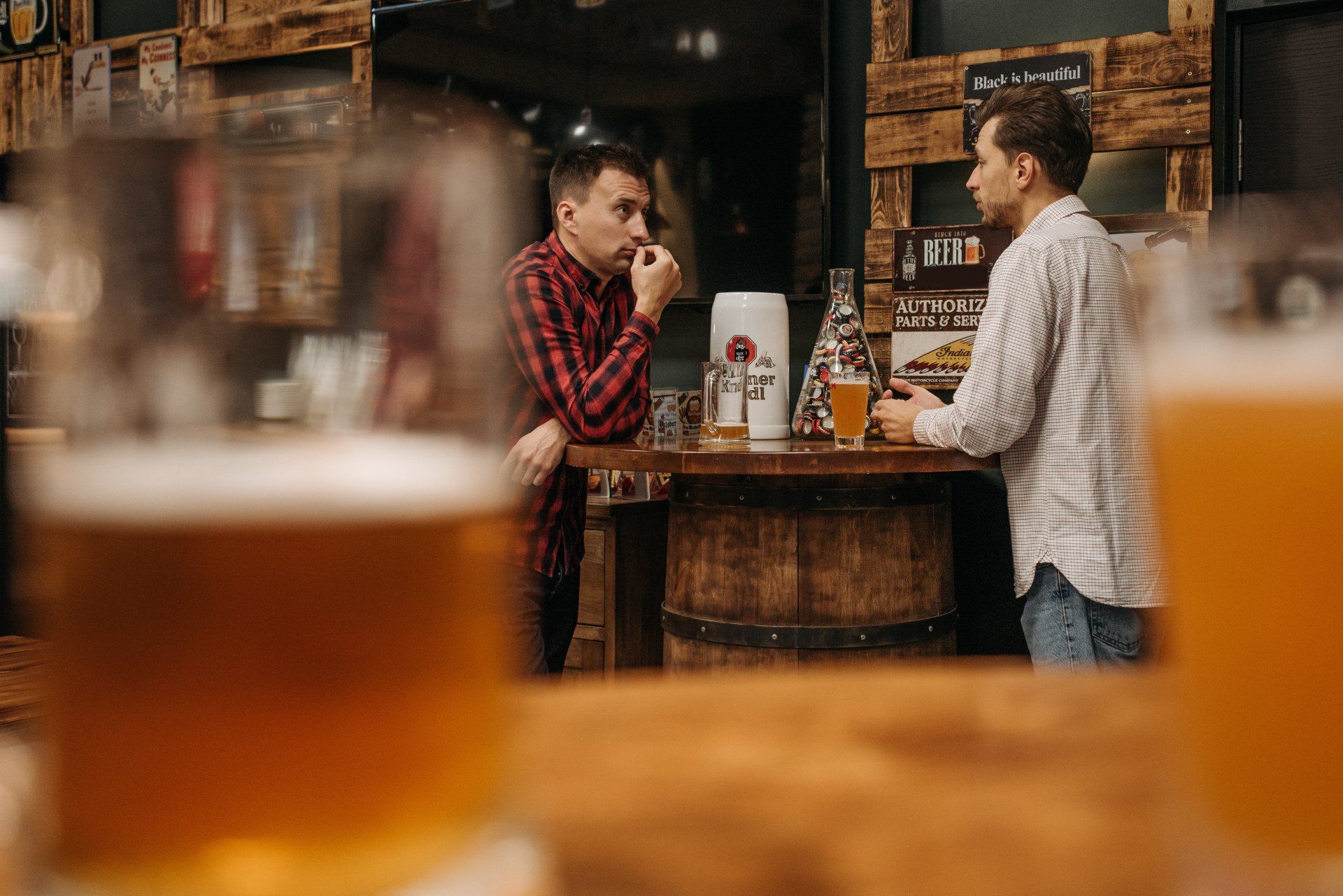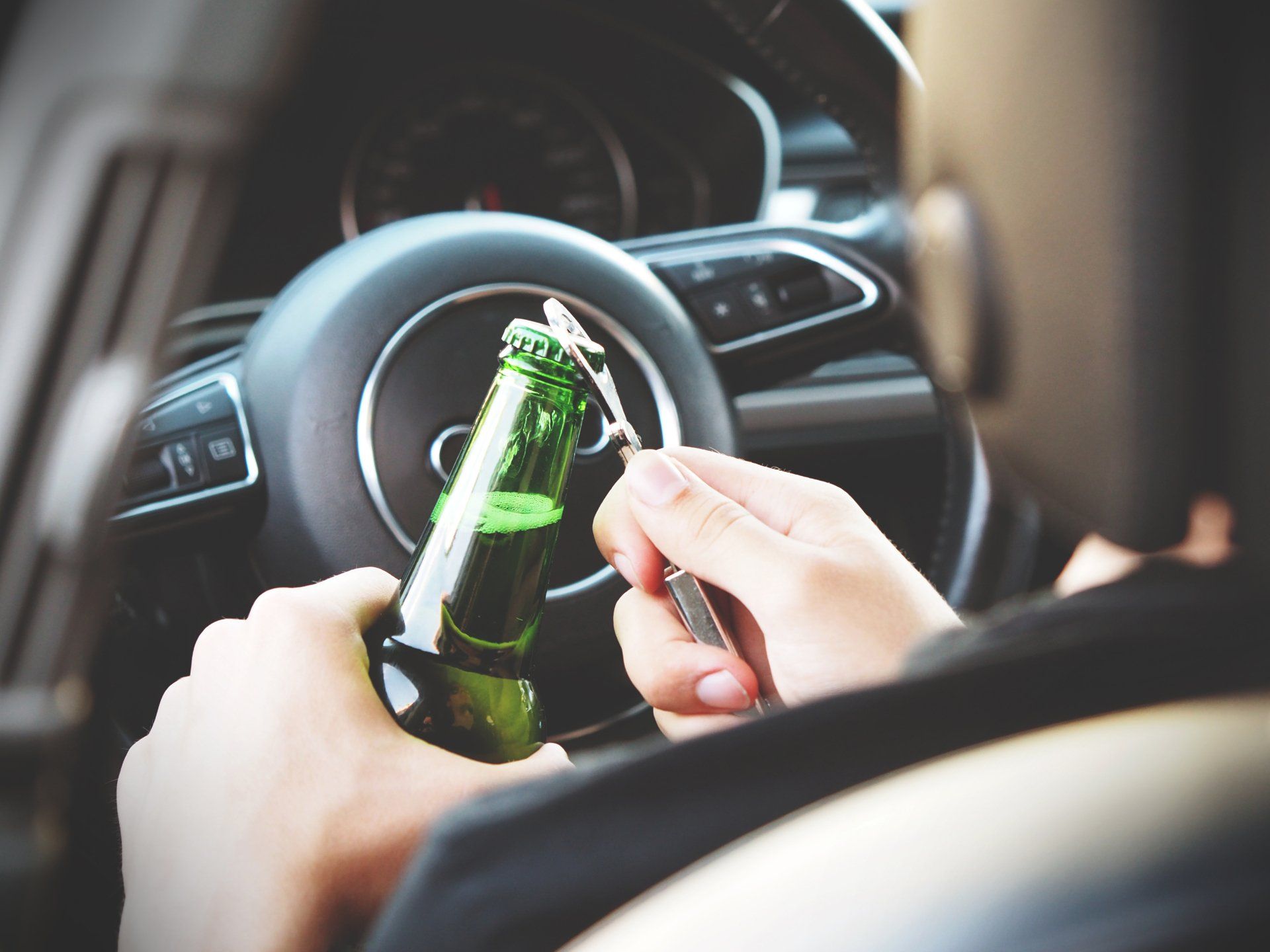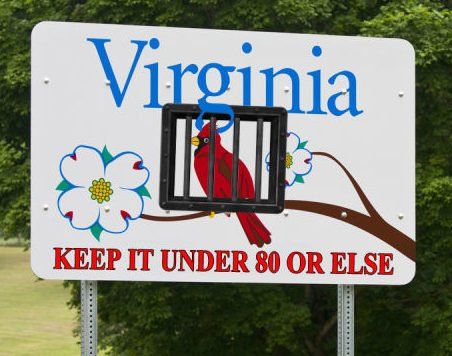Traffic Lawyer’s Guide to Avoid Getting a Ticket When Stopped
Traffic Lawyer’s Guide to Avoid Getting a Ticket When Stopped During the last 8+ years Leavitt & Martin has represented thousands of clients for traffic tickets. Many of our clients are out of state clients and many are in state. The charges range from speeding, Virginia reckless driving, all the way to DUI and Hit[...] The post Traffic Lawyer’s Guide to Avoid Getting a Ticket When Stopped appeared first on Leavitt & Martin.
Traffic Lawyer’s Guide to Avoid Getting a Ticket When Stopped
During the last 8+ years Leavitt & Martin has represented thousands of clients for traffic tickets. Many of our clients are out of state clients and many are in state. The charges range from speeding, Virginia reckless driving , all the way to DUI and Hit and Run. Sometimes the charges are first offense , and many times our clients have prior tickets. If you have to go to court, you have already lost. Even if you get your case completely dismissed, you either had to pay a lawyer to go to court or you had to go to court yourself. Either way, you have already lost.
I hear what people say during traffic stops all the time. The most common excuses people have are often the worst, eg, “I was keeping up with the flow of traffic.” or, “I had to get to the restroom.” Do people really believe those are compelling reasons that allow you to speed? What follows is my practical advice for how you should act during a traffic stop, and it might just save you from getting a ticket.
What to Do if You Get Pulled Over
-
Pull Over Where it is Safe for the Police Officer
Police officers across the country frequently get killed or seriously injured by passing motorists during traffic stops. Police officers are just regular people who have a job and want to get home safely to their family. You should pull your vehicle over as far off the road as you safely can. This makes it obvious that you are exercising care, and showing an appreciation that a traffic stop is dangerous. You are doing what you can to make it safer for everyone.
-
Put Your Vehicle in Park, Turn Off the Ignition
Police have a dangerous job. They don’t know who the driver of the vehicle is that they stopped, or whether that person is armed or dangerous. They don’t know if that person has outstanding warrants and doesn’t want to go to jail. And they don’t know if the driver is using drugs or is otherwise intoxicated. It’s dangerous for them. If you put your vehicle in park and turn off the ignition, it sends the message that you are not likely to run. This is especially important with motorcycles or other loud vehicles where the engine noise can interfere with the traffic stop.
-
Have Your License and Registration Ready to Hand to the Officer
Police need to run your license and registration when you are pulled over, so have those ready for when the officer arrives. Some people hand wallets to the officer, or have to fumble through their messy car looking for the registration. Have that information ready to go. It makes the stop quicker, more efficient, and it looks more professional. If you keep your license in your wallet, take it out of the wallet. I don’t know any officer who will take a personal wallet back to their patrol car to run the license.
-
Act Calm and Let the Officer Take the Lead
Every traffic stop is different. Sometimes it is clear why you have been stopped and sometimes you might be completely confused. Let the officer lead the conversation and try to get a feel for the officer’s demeanor. This may help you determine how you handle the interaction. So officers get upset during the traffic stop. Perhaps your driving behavior ticked them off. If you pick up on that, then you may be able to defuse the situation, take responsibility, and head off getting a ticket.
For many people, getting pulled over is very upsetting. Sometimes people get very emotional, some get mad and some cry. To the extent you can, try to remain calm. You cannot control whether you get a ticket or not. So let the process happen naturally and if you get a ticket, you can always deal with it at the appropriate time. But getting upset will not help the situation.
-
What to Say During the Stop
This is the difficult part of the stop. Here is a list of some do’s and don’ts during a traffic stop:
Do:
- Let the officer take the lead, and try to gauge his or her demeanor
- Relax, and be calm
- Be honest with the police (sometimes it is better to remain silent, but don’t lie). There is a difference between politely declining to answer a question and lying.
- Be up front and candid to the extent that you can. If an officer cannot prove you violated the law, then you should remain silent here. But if the violation was clear, then be candid and own up to your mistake.
- Act accountable, and take responsibility when you can
- Be direct with your answers
- If the officer is pretty worked up, don’t play into it. Your goal is to defuse the situation
Don’t
- Have an attitude
- Make excuses or come across like you are trying to shirk responsibility
- Ask for a break or try to curry special favors
- Try to exert influence over the officer because of who you are or who you know
- Respond with an attitude if the officer has an attitude
- Lie
Whether you get a ticket or not is beyond your control. Police frequently deal with drivers who lie, act evasive when asked simple questions, are upset, argumentative, emotional, or otherwise try to get out of the ticket. Try to act calm and professional, and accept responsibility where you can. Be direct and honest where you can, and in cases where you disagree it is ok to politely disagree but don’t push it too far. The officer may have been mistaken, but it doesn’t automatically make them a liar.
-
Don’t Try to Fight the Ticket on the Side of the Road
If the officer writes you a ticket, there is no getting out of it at that point. Accept the ticket and be on your way. Once the officer writes the ticket, it is best to just take the ticket and politely be on your way. If you start arguing on the side of the road it can only hurt your chances of getting it reduced or dismissed later in court. Call Leavitt & Martin and we can help.
The post Traffic Lawyer’s Guide to Avoid Getting a Ticket When Stopped appeared first on Leavitt & Martin.


